On 14-17 May 2024, United for Efficiency (U4E) participated in the 28th EE&C-SSN (Energy Efficiency and Conservation Sub Sector Network) Associated Meetings. The event aimed to review the status, provide an update on progress, and discuss strategies for achieving the milestones of the ASEAN Plan of Action for Energy Cooperation (APAEC) Phase II: 2021-2025 for Programme Area No. 4: Energy Efficiency and Conservation (EE&C).
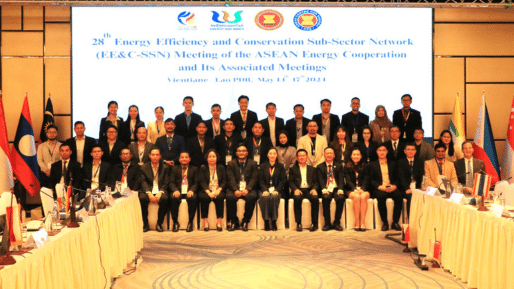 Held in Vientiane, Lao PDR, the meeting saw the active participation of energy efficiency focal points from the 10 ASEAN member states: Brunei Darussalam, Cambodia, Indonesia, Lao PDR, Malaysia, Myanmar, Philippines, Singapore, Thailand, and Viet Nam. The State of Timor-Leste also joined as an observer. The international dialogue partners, including representatives from UNEP-U4E, CLASP, USAID, GGGI, IEA, ECCJ, KEA, and Huawei, added a global perspective to the discussions, with some participating virtually.
Held in Vientiane, Lao PDR, the meeting saw the active participation of energy efficiency focal points from the 10 ASEAN member states: Brunei Darussalam, Cambodia, Indonesia, Lao PDR, Malaysia, Myanmar, Philippines, Singapore, Thailand, and Viet Nam. The State of Timor-Leste also joined as an observer. The international dialogue partners, including representatives from UNEP-U4E, CLASP, USAID, GGGI, IEA, ECCJ, KEA, and Huawei, added a global perspective to the discussions, with some participating virtually.
On 15 May, U4E energy efficiency expert Saikiran Kasamsetty participated in the ASEAN Energy Efficiency & Conservation Workshop, Enhancing the Role of Energy Towards Net Zero in ASEAN. The workshop gathered stakeholders from international organizations, the private sector, and energy practitioners to discuss the potential challenges for leveraging energy efficiency in various sectors.
The ASEAN Centre for Energy (ACE) organized the event with the support of the United States Agency for International Development (USAID) Southeast Asia Smart Power Program (SPP).
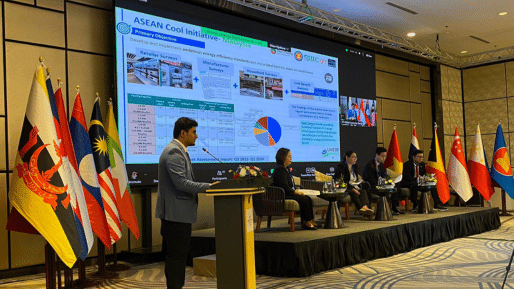 Mr Kasamsetty underscored the importance of expanding the MEPS for room air conditioners in the region and the role of sustainable and green public procurement in promoting the higher uptake of energy-efficient appliances, highlighting the tools available from U4E to support public sector bodies. In particular, the Green Public Procurement Technical Guidelines and Specifications include a step‑by‑step approach on how to apply sustainability and current best technical criteria in accordance with best international regulatory, social, and environmental practices, and introduce the rationale to be adopted by procurement practitioners when selecting among a set of products.
Mr Kasamsetty underscored the importance of expanding the MEPS for room air conditioners in the region and the role of sustainable and green public procurement in promoting the higher uptake of energy-efficient appliances, highlighting the tools available from U4E to support public sector bodies. In particular, the Green Public Procurement Technical Guidelines and Specifications include a step‑by‑step approach on how to apply sustainability and current best technical criteria in accordance with best international regulatory, social, and environmental practices, and introduce the rationale to be adopted by procurement practitioners when selecting among a set of products.
On May 16, Mr Kasamsetty participated in the APAEC Post-2025 Drafting Workshop, where he shared key insights on the way forward in the ASEAN region. Strengthening and expanding MEPS and labels for appliances and equipment continues to be an essential aspect of APAEC, featuring a regional policy map for refrigerators and prioritizing motors. Other priorities include implementing the regional product registration database to improve the monitoring, verification and enforcement regime and enhance transparency, developing mutual recognition arrangements in the region for lighting and refrigeration and air conditioning products, and formulating and enhancing innovative financing mechanisms for energy efficiency projects, and strengthening the capacity of energy service companies.
Furthermore, Mr Kasamsetty participated in the EE&C-SSN meeting on 17 May and presented updates on the ASEAN Cool Initiative and its work in Malaysia and Singapore, which were received with approval and interest. He also emphasized future collaborations with ACE to support the ASEAN member states in achieving their commitments under APAEC, as well as the global renewable and energy efficiency and cooling pledge commitments of the ASEAN member states.
The workshop strongly emphasized the importance of promoting energy-efficient and sustainable buildings and highlighted the need for capacity building in energy auditing and energy management. Lastly, according to Mr Kasamsetty, there is a renewed interest in the region in developing guidelines for energy-efficient usage in data centres.
For further information on the workshop, contact Saikiran Kasamsetty at saikiran.kasamsetty@un.org. Alternatively, download the U4E presentations from the workshops.
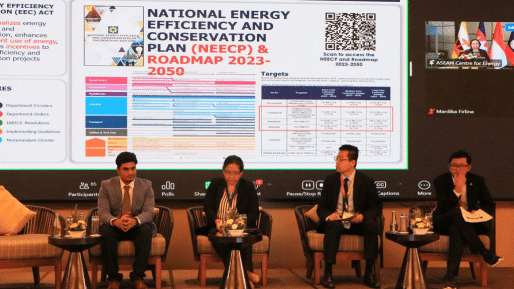
Leave a Reply